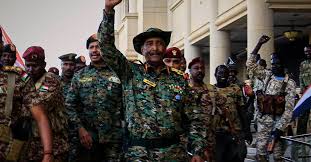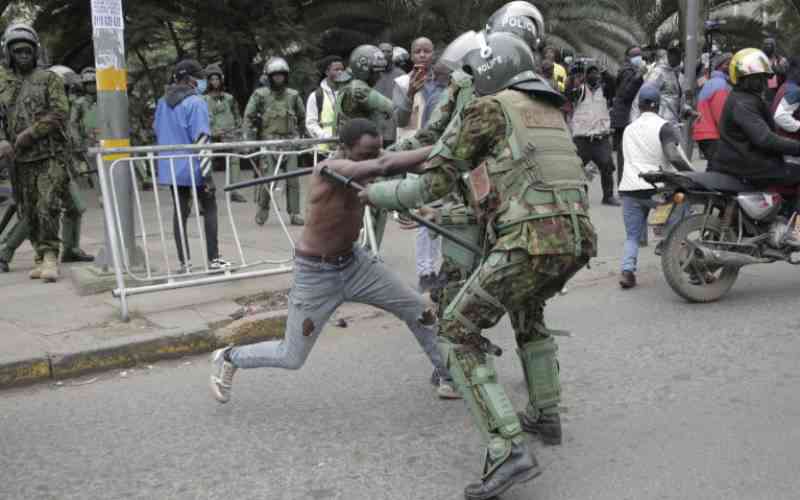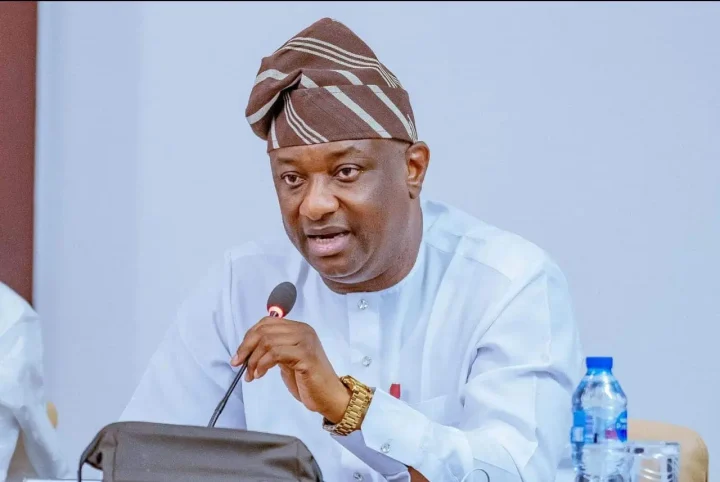Sudan Army Claims Control of Khartoum

The Sudanese army has announced that it has fully seized control of the capital city of Khartoum, marking a significant development in the ongoing civil war. According to army spokesperson Nabil Abdullah, the armed forces have successfully eliminated the remaining pockets of the Rapid Support Forces (RSF) within the Khartoum locality. This announcement comes a week after the army reclaimed the presidential palace from the paramilitary group.
Army chief Abdel Fattah al-Burhan declared the capital “free” from the RSF from inside the recaptured presidential palace. While this is a notable achievement for the government forces, it does not necessarily signal an immediate end to the two-year-long civil war. The RSF still maintains control over large areas of the country, particularly in the western Darfur region, despite government advances in Khartoum and central Sudan.
The United States is increasing its diplomatic efforts to bring an end to the conflict. US Secretary of State Marco Rubio stated on Thursday that Washington aims to engage with its partners to solicit ideas and strategies for resolving the crisis in Sudan, especially after the recent surge in violence in Khartoum.
The civil war has resulted in a dire humanitarian crisis. The United Nations has described the situation in Sudan as the “world’s worst humanitarian crisis,” with widespread famine, disease, and ongoing conflict forcing approximately 12.5 million Sudanese citizens (out of a population of 46 million) to flee their homes. Death tolls are estimated to be between 60,000 and 150,000, caused both by direct fighting and the severe humanitarian conditions.
Sudan’s civil war began two years ago during the country's transition to democracy. Initially, the Sudanese Armed Forces, led by General Abdel-Fattah al-Burhan, and the Rapid Support Forces, headed by General Mohammed Dagalo (also known as Hemedti), were allies. They joined forces to remove Islamist leader Omar al-Bashir from power in 2019. Subsequently, they formed a civilian-led transitional council. However, in October 2021, the two generals staged a coup, disrupting the progress toward a civilian government, with Hemeti becoming Burhan's deputy. Tensions escalated when Hemeti refused to integrate his militia into the national army, ultimately triggering the civil war.












